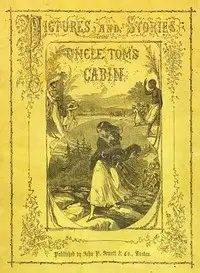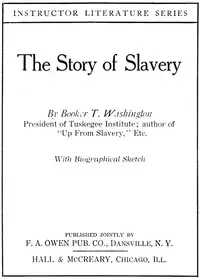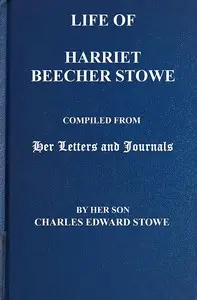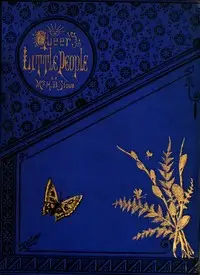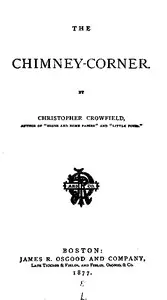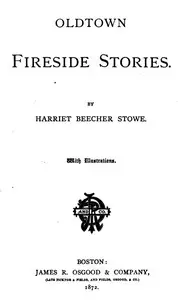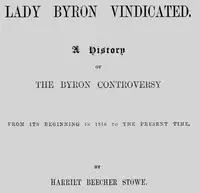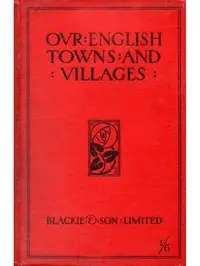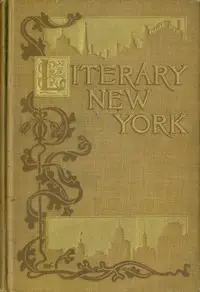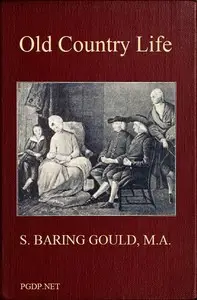** "Uncle Tom's Cabin" by Harriet Beecher Stowe is a compelling tale set in the pre-Civil War United States, pulling back the curtain on the harsh realities of slavery. The story revolves around the lives of enslaved people, especially Uncle Tom, a man of deep faith and strong character, and Eliza, a courageous mother determined to protect her son from being torn away from her. Early in the story, the reader is introduced to the Shelby plantation in Kentucky, where the financial struggles of the owner lead to the unthinkable decision to sell Uncle Tom and a young boy named Harry. This sets off a chain of events, exposing the cruel ways enslaved people were treated as property and igniting Eliza's desperate flight to freedom with her child. The novel uses emotional storytelling and moral questions to challenge its audience to face the difficult truths about slavery and its impact on individuals and families. **
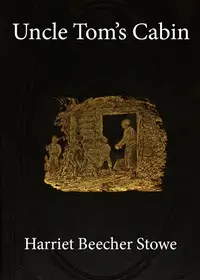
Uncle Tom's Cabin
By Harriet Beecher Stowe
** In a divided America, the lives of courageous enslaved people intertwine as they fight for freedom and dignity against a backdrop of injustice and cruelty.
Summary
About the AuthorHarriet Elisabeth Beecher Stowe was an American author and abolitionist. She came from the religious Beecher family and wrote the popular novel Uncle Tom's Cabin (1852), which depicts the harsh conditions experienced by enslaved African Americans. The book reached an audience of millions as a novel and play, and became influential in the United States and in Great Britain, energizing anti-slavery forces in the American North, while provoking widespread anger in the South. Stowe wrote 30 books, including novels, three travel memoirs, and collections of articles and letters. She was influential both for her writings as well as for her public stances and debates on social issues of the day.
Harriet Elisabeth Beecher Stowe was an American author and abolitionist. She came from the religious Beecher family and wrote the popular novel Uncle Tom's Cabin (1852), which depicts the harsh conditions experienced by enslaved African Americans. The book reached an audience of millions as a novel and play, and became influential in the United States and in Great Britain, energizing anti-slavery forces in the American North, while provoking widespread anger in the South. Stowe wrote 30 books, including novels, three travel memoirs, and collections of articles and letters. She was influential both for her writings as well as for her public stances and debates on social issues of the day.





